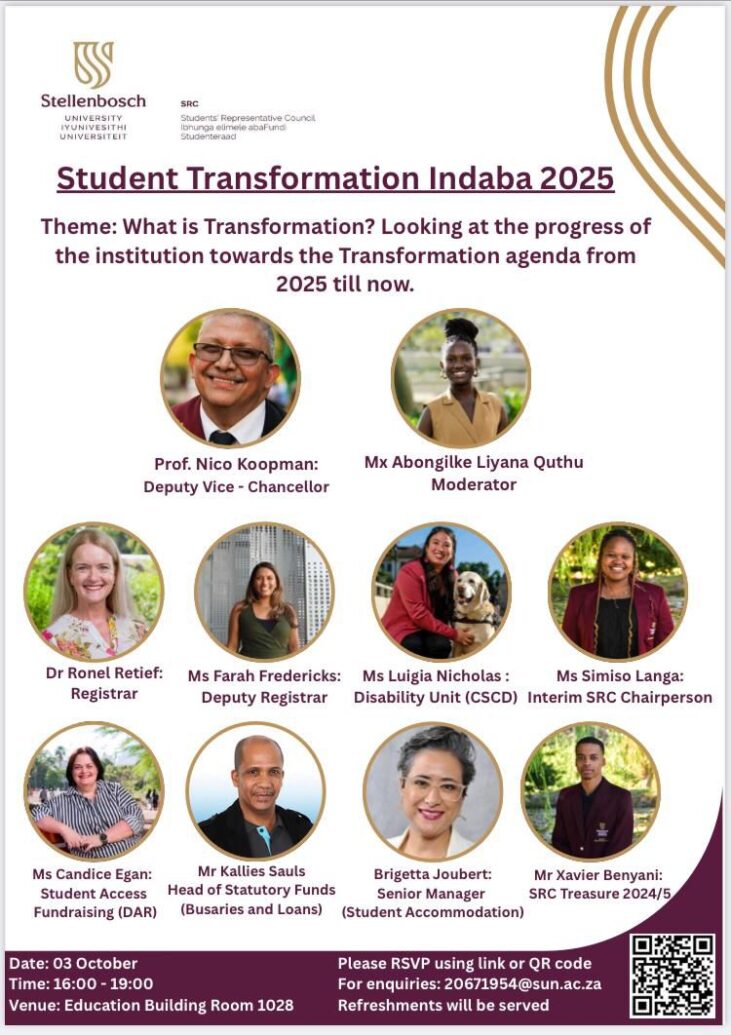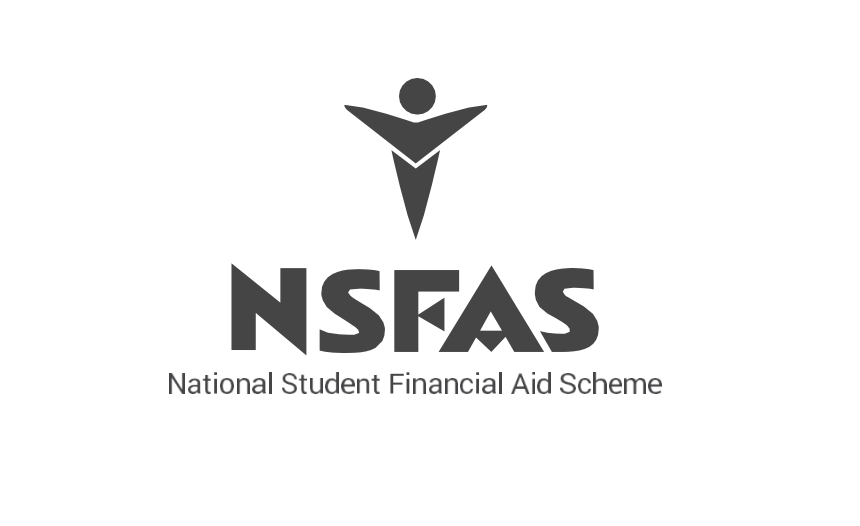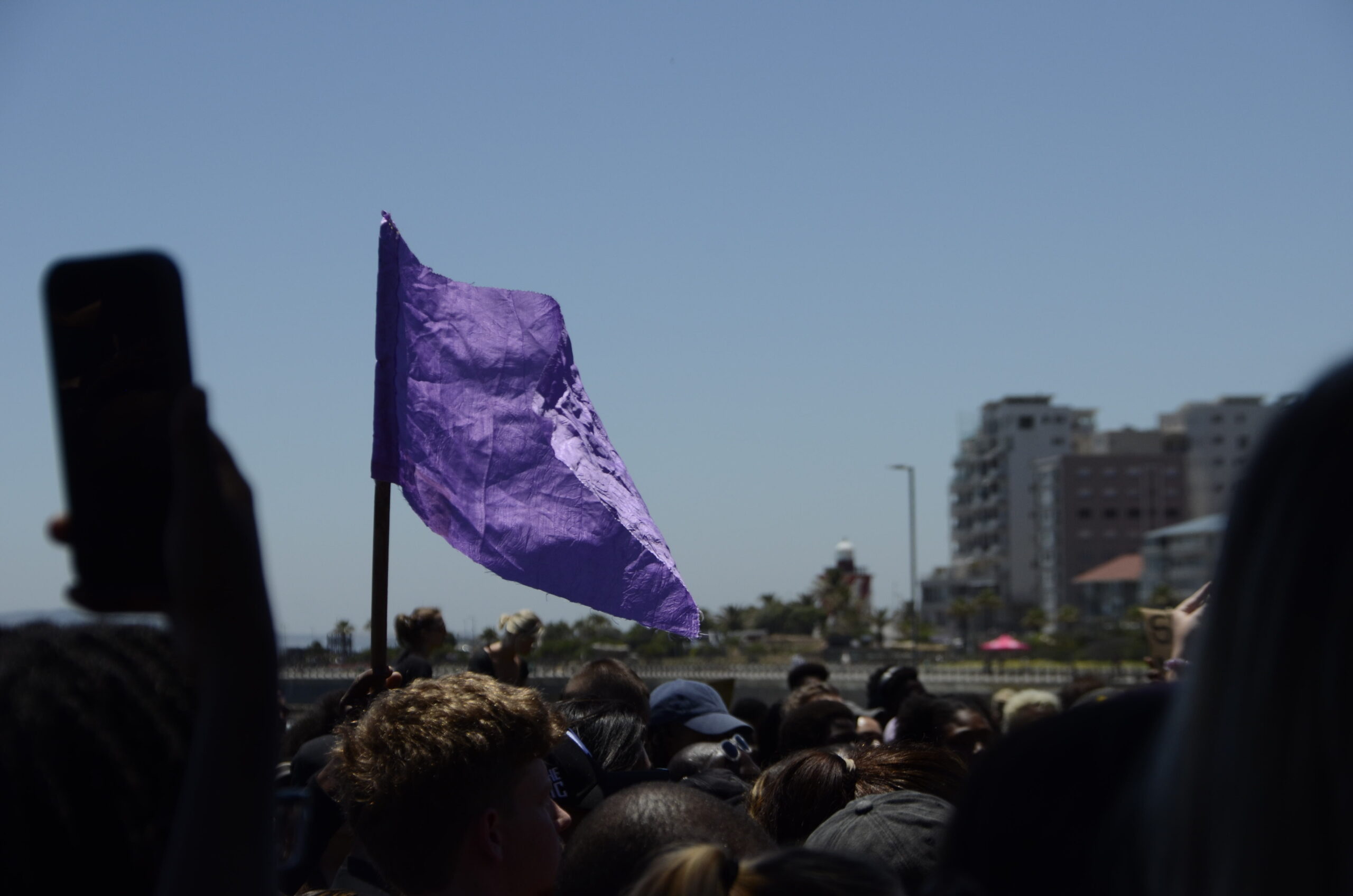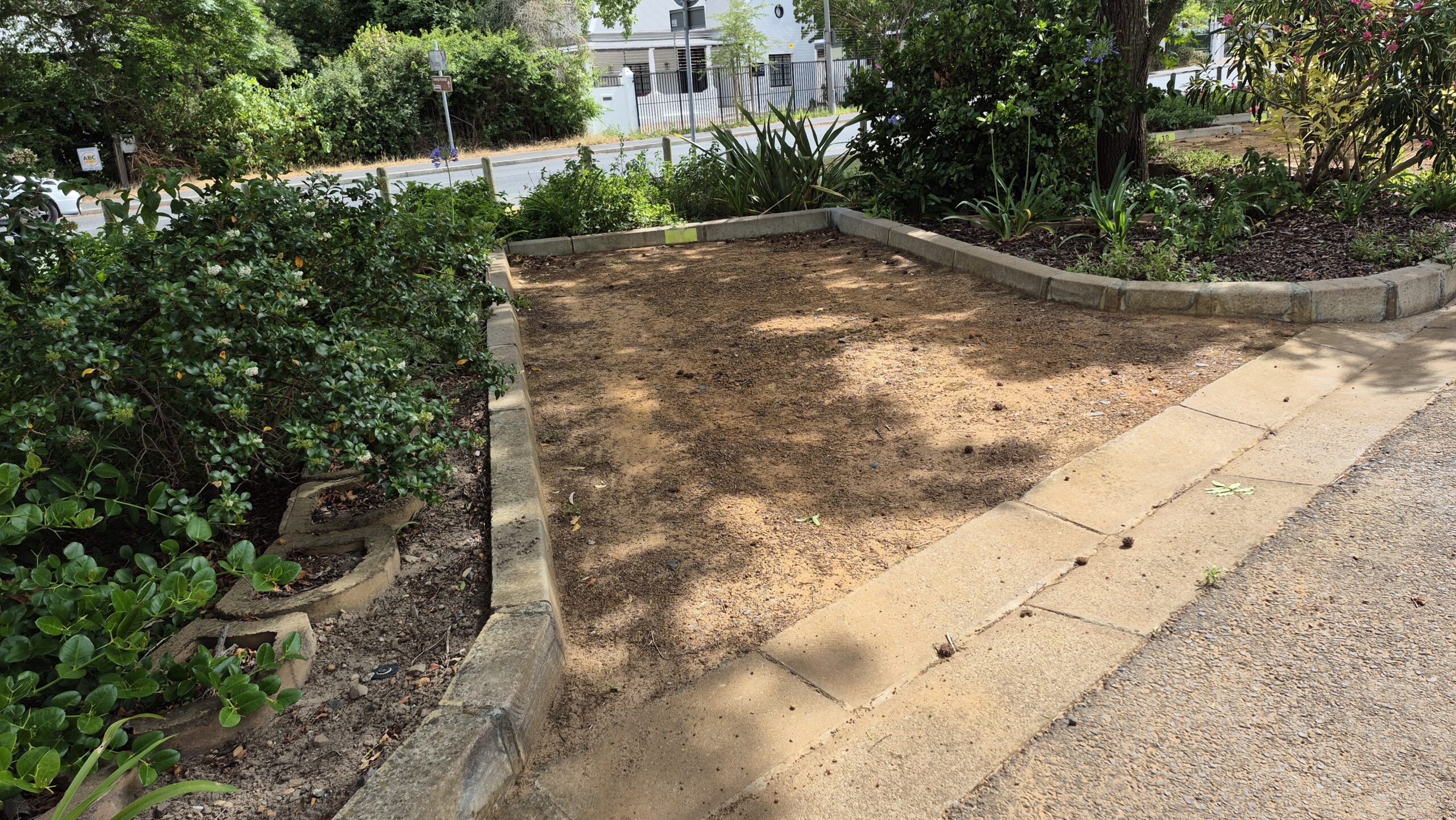By Emma Olivier
The Student Representative Council (SRC) hosted the annual Student Transformation Indaba on Friday 3 October in the G.G. Cillié building. The event was opened by Prof. Nico Koopman, followed by a panel discussion with Stellenbosch University (SU) staff and student leaders, facilitated by MA (International and Intercultural Communication) student, Abongile Quthu. While only a handful of the student body attended the discussion, the Indaba illustrated the importance of student voices and participation in campus issues like accommodation, inclusion and student leadership.
Deputy Vice-Chancellor Prof. Nico Koopman opened the discussion with an inspirational speech recounting SU’s journey of transformation. He mentioned the Open Stellenbosch movement and the Luister video as examples of moments when students took the initiative in steering the university in the direction of change, so that SU can be an institution “committed to dignity” where people from different backgrounds can “teach and learn from each other all the time”.
Panel speakers included Dr Ronel Retief (Registrar), Luigia Nicholas (Marketing and Training Coordinator for the Centre for the Student Counselling and Development (CSCD) Disability Unit), Simiso Langa (Interim SRC Chairperson for 2025/2026), Xavier Benyani (SRC Treasurer for 2024/2025), Brigetta Joubert (Senior Manager of Student Accommodation), and Candice Egan (Manager of Student Access Fundraising)
“Funding is a major enabling factor or disabling factor, depending on whether you have it or if you don’t,” says Retief. This part of the discussion emphasised the need for fundraising, and “thinking [outside] the box” when it comes to new ways of raising funds, because “NSFAS is not the answer anymore”, according to Retief, as “there [are] caps and they are in billions of rands of debt.”
The discussion touched on student participation in leadership structures, especially the SRC. On this topic, Quthu states, “The last elected SRC in this institution was in 2023,” possibly referring to the fact that 2024 and 2025 have seen only interim SRC structures.
Headman Nhlapo, a PhD candidate who attended the Indaba, shared his opinion, suggesting that a “reason why students […] stopped [having] interest in student leadership and the SRC, and [advocacy]” could be “because […] SRC leaders are using the SRC office and those portfolios […] as a stepping ladder in order to get assimilated in the system […] so that they can gatekeep the very claims of transformation that led them to those offices.” He continues, “Because every time they [go] into office, […] some of them go on a ticket of transformation […]. For instance, in a more informal way you [would] say they ‘sell out’, in order to be favoured [by] the management so that, at the end of the term, they get repaid with positions in the university.”
When discussing the lack of student interest, Langa says, “On paper the SRC should be the standard of leadership [at SU],” but she shows concern about “dysfunction in the space”. Both Langa and Quthu have noticed that students have lost interest in student leadership. Quthu believes that part of the issue is students who are “living in a bubble”. The low voter turnout at annual SRC elections reflects this loss of interest. With regards to student participation in campus affairs, Quthu says, “I would have loved for this room to be full, […] [but] the fact that we are all here in this space […] means that we care.”
Further, the panel discussed the importance of making students feel like they belong, even in ways like residence meals reminding students of home, and having students feel like “partners” in “creating this space”. There was an emphasis on intersectional experiences and understanding differences, as Quthu says, “When we work together, we can create a better society.”
Regarding the accommodation issues that students face yearly, Retief says, “We [SU] have to pre-empt so we are not caught in trouble [in January next year].” She added, “We will always have students arrive on campus without accommodation,” and that the university will therefore need to follow a “multi-tiered approach” to ensure they are “prepared to respond proactively [in order not to be] caught off-guard.” This would include ensuring that students “understand what is requested” by “improv[ing] communication”, so that fewer students arrive on campus unprepared, and that “when students are unprepared […], [SU is] ready to support them.”




